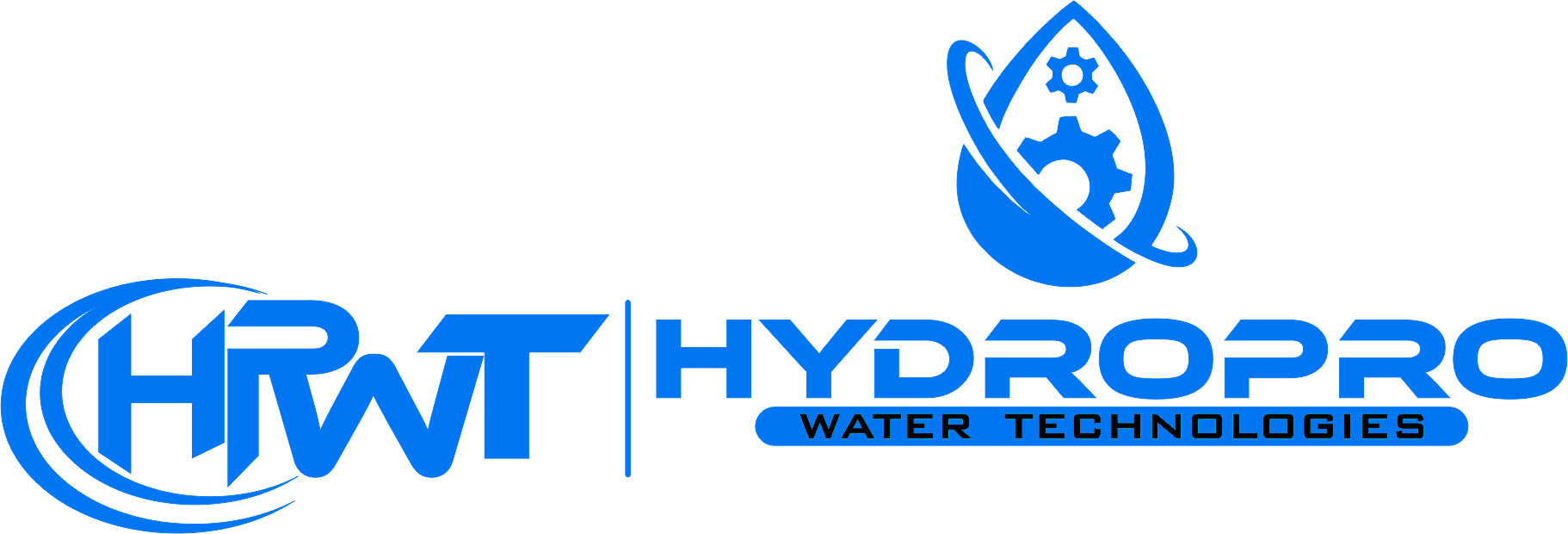Water & Waste Water Treatment
Water & Waste Water Treatment

STP & ETP
Sewage Treatment Plants (STP) and Effluent Treatment Plants (ETP) are vital components of wastewater management systems, each serving a distinct purpose in safeguarding the environment and public health. STPs primarily focus on treating domestic sewage and wastewater from residential areas, commercial spaces, and institutions. They use various physical, chemical, and biological processes to remove contaminants, pathogens, and pollutants from wastewater before it’s discharged into natural water bodies or reused for non-potable purposes.

STPs play a crucial role in preventing water pollution, protecting aquatic ecosystems, and maintaining public hygiene. On the other hand, ETPs are designed to treat industrial effluents generated by manufacturing processes. These effluents can contain a wide range of chemicals, heavy metals, and toxins that pose serious environmental hazards. ETPs employ specialized treatment methods tailored to the specific contaminants found in industrial wastewater. Their purpose is to purify the effluents to meet regulatory standards, ensuring that industrial activities do not harm the environment


RO & SWRO
Reverse Osmosis (RO) and Seawater Reverse Osmosis (SWRO) are advanced water purification technologies that share a fundamental principle but are applied to different water sources. RO is a versatile process used to remove contaminants and impurities from various water sources, including brackish water and freshwater. It employs a semi-permeable membrane to separate water molecules from dissolved solids, ions, and impurities. This process is widely used in residential and commercial settings to produce high-quality drinking water and in industries for water purification and desalination. SWRO, on the other hand, is specifically designed for treating seawater, which has a high salt content. SWRO desalinates seawater by using a more specialized membrane that can withstand the corrosive nature of saltwater and the higher pressure required for salt removal. It has significant applications in coastal regions and on ships, where a fresh water supply is limited or unavailable.

EVAPORATOR
Evaporators are essential tools in water waste management, helping to efficiently treat and dispose of wastewater. These devices concentrate wastewater by removing a significant portion of its water content, reducing its volume and rendering it more manageable. This process is vital for various industries and applications, such as industrial waste treatment, hazardous waste disposal, and zero liquid discharge systems. Evaporators are also employed in the recovery of valuable resources from wastewater, such as chemicals and minerals, further promoting sustainability. In addition to their role in industrial settings, evaporators play a crucial part in treating landfill leachate and managing brine in desalination plants. By efficiently reducing water waste volume and improving resource recovery, evaporators contribute significantly to sustainable water management practices and environmental protection

